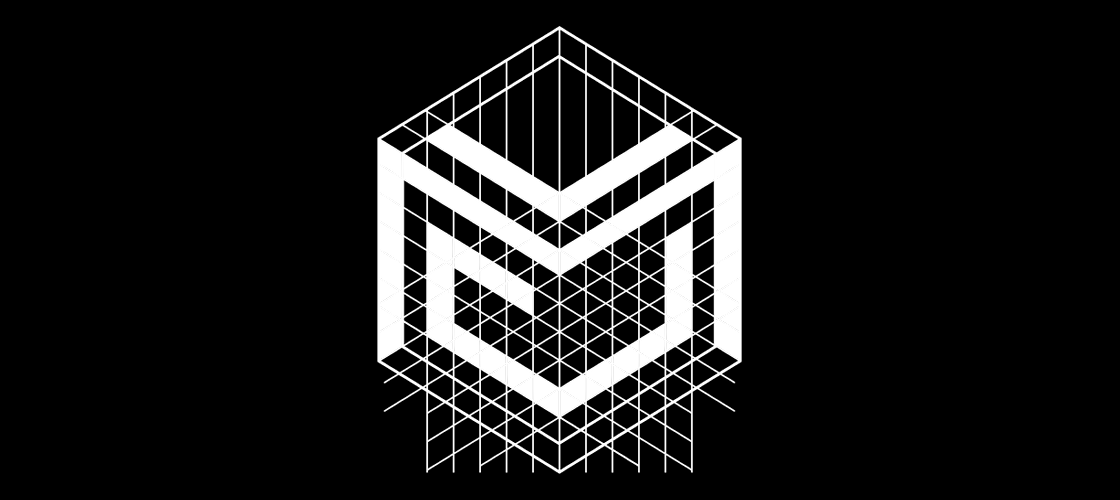Install Java Development kit (JDK)
To install a JDK compatible with ubuntu server, use the command below
sudo apt install default-jdk
Download Android Studio Command Line Tools
Now, the next step is to download the command line tool zip
Note: MUST be the Command line tools only Version
To get the latest command line tool go to the link below
then choose the one for linux
commandlinetools-linux-11076708_latest.zip
you can either click the package and copy the link on the [Download Android Command Line Tools for Linux] and right click then copy link address or
https://dl.google.com/android/repository/ append the package name to this url
now that you have the link for the command line tool, it's time to download it.
First, go to the root of your server by cd ~
Second, use wget <command line tool package url here> like the command below
wget https://dl.google.com/android/repository/commandlinetools-linux-11076708_latest.zip
Note: make sure you have
wgetinstalled for this one, if not, usesudo apt install wget
Extract the Package and Set Environments
now, create a dir where you want to place the sdk tool, for example:
# ANDROID_SDK_ROOT will set a reusable variable you can use in the later commands
ANDROID_SDK_ROOT=/opt/androidSdk sudo mkdir -p $ANDROID_SDK_ROOT/cmdline-tools
now you need to unzip the tool and set the -d directory you want the extracted files to go, in my case I placed it in the directory I created inside /opt dir
Note: make sure you have
unzipinstalled, if not, usesudo apt-get install unzip
sudo unzip commandlinetools-linux-11076708_latest.zip -d $ANDROID_SDK_ROOT/cmdline-tools
now move it to another folder called latest if you want, since in the future you might need to install multiple versions of the command line tool and might want to switch version
sudo mv $ANDROID_SDK_ROOT/cmdline-tools/cmdline-tools $ANDROID_SDK_ROOT/cmdline-tools/latest
after the extraction, it's time to set the environment variables
using zsh, just add something like this to your .zshrc make sure to change the path to the one you set on your server
export ANDROID_SDK_ROOT="/opt/androidSdk"
export PATH="$ANDROID_SDK_ROOT/emulator:$ANDROID_SDK_ROOT/tools:$ANDROID_SDK_ROOT/tools/bin:$ANDROID_SDK_ROOT/platform-tools:$ANDROID_SDK_ROOT/cmdline-tools/latest:$ANDROID_SDK_ROOT/cmdline-tools/latest/bin:$PATH"
now you can restart your shell or just do source .zshrc
then check if the tools are installed properly by running sdkmanager --version
if you encounter an error like this;
Error: LinkageError occurred while loading main class com.android.sdklib.tool.sdkmanager.SdkManagerCli
java.lang.UnsupportedClassVersionError: com/android/sdklib/tool/sdkmanager/SdkManagerCli has been compiled by a more recent version of the Java Runtime (class file version 61.0), this version of the Java Runtime only recognizes class file versions up to 55.0
just upgrade your JDK version to the compatible version ex. sudo apt install openjdk-17-jdk-headless
and if you try to run the sdkmanager --version command again, you should get a result like 12.0
Accepting Licenses
To use the command line tools, specially the SDK, you need to accept the licenses first, to do that just run the command below
yes | sdkmanager --licenses
Installing Packages You Need
Below is the command I used to install platform tools like adb and sdk platforms like android versions 11 to 14
yes | sdkmanager "platform-tools" "platforms;android-30" "platforms;android-31" "platforms;android-32" "platforms;android-33"
For More Info on SDK Manager Commands Go Here: sdkmanager
if you encounter an error like the one shown below when installing ackages
Warning: Failed to read or create install properties file.
you need to update the permission of your sdk root, to do that you can execute the command below
sudo chown -R $USER:$USER /opt/androidSdk
remember that the path you are changing the permission is the ROOT of your SDK
and just to fix other potential issues that might come from lacking some libraries, you might want to install libgl1-mesa-dev using the command below
sudo apt install libgl1-mesa-dev -y
after the installation, you can check if all packages are installed by using the command below
sdkmanager --list_installed
and now you are all set up and ready to start or continue your project that needs Android SDK on a headless ubuntu server.
